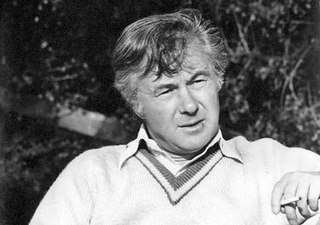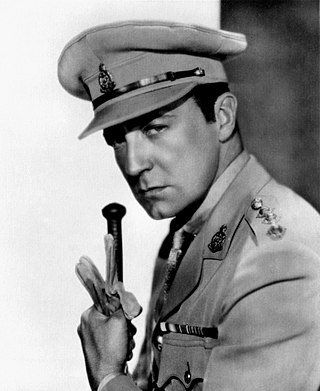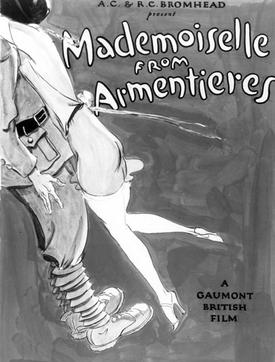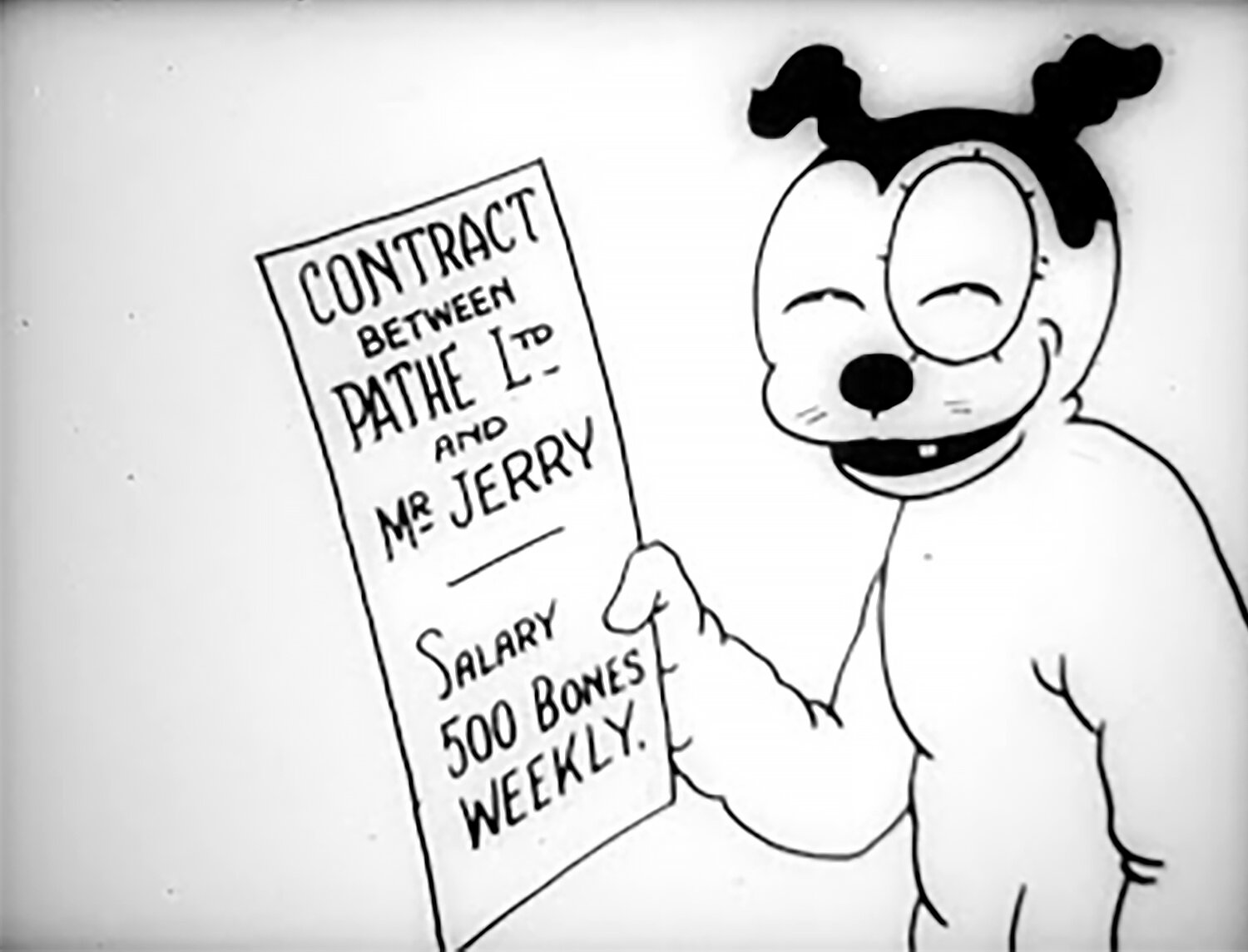
William Henry Pratt, known professionally as Boris Karloff and occasionally billed as Karloff the Uncanny, was an English actor. His portrayal of Frankenstein's monster in the horror film Frankenstein (1931), his 82nd film, established him as a horror icon, and he reprised the role for the sequels Bride of Frankenstein (1935) and Son of Frankenstein (1939). He also appeared as Imhotep in The Mummy (1932), and voiced the Grinch in, as well as narrating, the animated television special of Dr. Seuss' How the Grinch Stole Christmas! (1966), which won him a Grammy Award.

The 1926 General Strike in the United Kingdom was a general strike that lasted nine days, from 4 to 12 May 1926. It was called by the General Council of the Trades Union Congress (TUC) in an unsuccessful attempt to force the British government to act to prevent wage reductions and worsening conditions for 1.2 million locked-out coal miners. Some 1.7 million workers went out, especially in transport and heavy industry.

John Richard Schlesinger was an English film and stage director, and actor. He emerged in the early 1960s as a leading light of the British New Wave, before embarking on a successful career in Hollywood, often directing films dealing frankly in provocative subject matter, combined with his status as one of the rare openly gay directors working in mainstream films.

Events from the year 1926 in Canada.

Richard Horatio Edgar Wallace was a British writer of sensational detective, gangster, adventure, and sci-fi novels, plays and stories.

Oskar Homolka was an Austrian film and theatre actor, who went on to work in Germany, Britain, and America. Both his voice and his appearance fitted him for roles as communist spies or Soviet officials, for which he was in regular demand. By the age of 30, he had appeared in more than 400 plays; his film career covered at least 100 films and TV shows.

Bryan Forbes CBE was an English film director, screenwriter, film producer, actor and novelist described as a "Renaissance man" and "one of the most important figures in the British film industry".

Clifford Hardman "Clive" Brook was an English film actor.
Phonofilm is an optical sound-on-film system developed by inventors Lee de Forest and Theodore Case in the early 1920s.
This is a chronological list of films produced in the United Kingdom split by decade. There may be an overlap, particularly between British and American films which are sometimes co-produced; the list should attempt to document films which are either British produced or strongly associated with British culture. Please see the detailed A-Z of films currently covered on Wikipedia at Category:British films.
Tim Whelan was an American film director, writer, producer and actor, best remembered for his writing credits on Harold Lloyd and Harry Langdon comedies, and for directing mostly British films, such as The Thief of Bagdad (1940).
President most commonly refers to:
The Documentary Film Movement is the group of British filmmakers, led by John Grierson, who were influential in British film culture in the 1930s and 1940s.

Mademoiselle from Armentieres is a 1926 British World War I silent drama film directed by Maurice Elvey and starring Estelle Brody, John Stuart and Alf Goddard. The film was Elvey's first collaboration with screenwriter Victor Saville. It was followed by a 1928 sequel Mademoiselle Parley Voo.

Nell Gwyn is a 1926 British silent romance film directed by Herbert Wilcox and starring Dorothy Gish, Randle Ayrton and Juliette Compton. It was based on the 1926 novel Mistress Nell Gwyn by Marjorie Bowen and follows the life of Nell Gwynne, the mistress of Charles II. Wilcox later made a second version of the film in 1934, Nell Gwynn which starred Anna Neagle.
The Flag Lieutenant is a 1926 British war film directed by Maurice Elvey and starring Henry Edwards, Lilian Oldland and Dorothy Seacombe. It is based on the play The Flag Lieutenant by W.P. Drury. Its sets were designed by the art director Andrew Mazzei. The film proved to be one of the hits of the year at the British box office.
The Clue of the New Pin is a 1929 all-talking sound British crime film directed by Arthur Maude and starring Benita Hume, Kim Peacock, and Donald Calthrop. The soundtrack was recorded using the British Phototone sound-on-disc system. It was made at Beaconsfield Studios. This film is important historically as being Britain's first all-talking feature film produced entirely in Britain. The first all-talking British feature production, a film entitled Black Waters, had been produced in the United States due to a lack of sound recording equipment in Britain.
The Woman Tempted is a 1926 British silent drama film directed by Maurice Elvey and starring Juliette Compton, Warwick Ward and Nina Vanna. It was based on a novel by Vera, Countess Cathcart. The film was shot at Cricklewood Studios, and was backed by John Maxwell's Wardour Films which was dramatically increasing its role in the film industry. It was first given a trade show screening in June 1926, but did not go on full release until the following March. By that time Elvey had departed to work for Maxwell's rival Gaumont-British.

Jerry the Tyke also known as Jerry the Troublesome Tyke is a cartoon dog created during the silent film era. Created by Cardiff-based animator Sid Griffiths, and shown throughout British cinemas as part of Pathé Pictorial's screen news-magazines, Jerry the Tyke was the first animated series to be made in Wales.
British Instructional Films was a British film production company which operated between 1919 and 1932. The company's name is often abbreviated to BIF.











